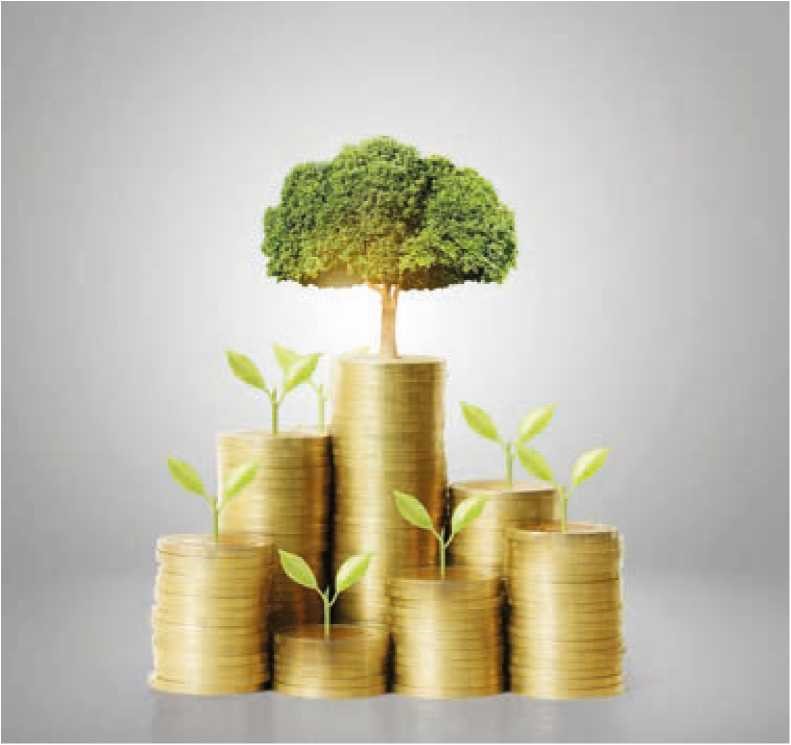World News12.04.2024
Europe embraces speedier, riskier way of building power grids

QAZAQ GREEN. The EU is looking to front-load massive anticipatory investments into its energy infrastructure, shifting risk from industry to consumers and risking a landscape with unneeded or under-used pylons, Euractiv reports.
Amid its green transition, Europe needs almost €600 billion in investments into high-voltage power lines, transformers and wires by 2030—an unprecedented need for investments into the grid.
Zsuzsanna Pató, senior advisor at clean-energy think-tank RAP, says the transition “has caused a massive mismatch” between power generation and transport capacity.
She explains that the traditional challenge of connecting power demand to generation is exacerbated by the energy transition, which involves “shifting where power is generated while boosting demand through electrification.”
Energy-rich, windy, and sunny sites are often far away from where older coal or gas plants are located.
Timing matters, too. “There is a big pressure to speed up grid building to prevent a widening of the lead time gap between renewables and new loads,” said Pató.
Brussels is betting on a fresh approach to solving the problem: “anticipatory investments.” Unlike regular investments, which are more closely tied to immediate and short-term expected demand, anticipatory investments deliver power lines and wires multiple times larger than what is needed today.
Ghost pylons
However, Europe could be left with unused ‘ghost pylons’ littering the countryside if renewable projects do not materialise or if power demand forecasts are incorrect.
There are many examples of massive investments in infrastructure that were subsequently underutilised or unused. In the 1980s, the US built $100 billion of unused nuclear power plants, and Spain boasts major airports that never welcomed more than a handful of passengers, which were built during the credit-fuelled boom of the 2000s.
The anticipatory approach’s proponents say these big investments, taking the plunge, are indispensable if the EU is to meet its decarbonisation goals.
“We need to invest more. That is inevitable. And regulators should act accordingly,” stresses Nicolò Rossetto, a research fellow at the Florence School of Regulation.
Normally, Europe’s energy regulators closely monitor which investments grid operators can make, and only approved investments can be recouped from consumers via higher grid tariffs.
“The energy transition requires taking up anticipatory investments while carefully analysing the associated risks for its fair allocation to all parties, including consumers,” says Rafael Muruais Garcia, acting head of the energy system needs department at ACER, the EU’s energy regulator.
EU legislates for anticipatory investments
On 11 April, EU lawmakers will vote to adopt the bloc’s new power market design, the law’s second-to-last hurdle. EU countries are then expected to wave it through in the coming months.
The new law states, “Regulatory authorities should promote public acceptance and the use of anticipatory investments.” It adds several provisions to ensure regulators allow big projects to be recouped through the grid fees grid operators charge.
According to the chief negotiator of the new power market design, Spanish centre-left (S&D) lawmaker Nicolás González Casares, “anticipatory investments will be one of the elements that help reduce bottlenecks.”
Consumers could get the short end of the stick
In practice, there is often a risk that investments will result in underutilised grids, but today, “we are sharing the risk (…) between consumers and the DSO (local grid operators),” says Pató.
Making investments “more anticipatory” – which can be done within the established process – “shifts some of that risk to consumers,” the expert notes, adding that how far this should go is a “regulatory and political decision.”
This risk shift has the potential to be very profitable for grid operators.
“You can argue that anticipatory investments and their explicit recognition in tariff methodologies represent an opportunity for network companies to increase significantly their asset base,” explains Rossetto.
For grid operators, more investments mean higher returns, while consumers assume risks, allowing operators “to keep their cost of capital under control,” he adds.
The prospect of this gold rush is already alarming citizen advocates.
“We are sceptical about massive power lines built solely for industry, whose costs are passed on to consumers instead of businesses, who are frequently exempted from grid fees,” says Dimitri Vergne, head of the energy team at consumer advocacy group BEUC.
Kazakhstan and UAE reaffirm strategic energy partnership with 1 GW wind project
Solar becomes EU’s top power source for the first time ever
How decentralised renewables transform healthcare services in rural Zimbabwe
Chinese company to build solar and wind power plants in Kyrgyzstan
Seaturns raises €2.45 million to industrialize wave energy technology and accelerate global rollout
Trump signs executive order to end subsidies for wind and solar energy
Uzbekistan's solar and wind power plants generate 5 Billion kWh since beginning of the year
Green Corridor Alliance JV registered in Baku to promote green energy development in Central Asia and the South Caucasus
In the EU renewable energy supply grew by 3.4% in 2024
IRENA accepting renewable energy project proposals in Central Asia until August 15
Astana to host Electronica Expo Kazakhstan Electronics Exhibition
WB gives rundown of Azerbaijan's green energy grid volume prospects
US solar sets new records as renewables nearly match natural gas – EIA
‘Wings’ on poles: Bill Gates-backed breakthrough wind turbine facility breaks ground
Perovskite tandem solar cell achieves new efficiency record
Kazakhstan and China endorse draft SCO joint statement on sustainable energy development
Innovative research on organic solar cells for space applications
Kazakhstan and Uzbekistan drive green energy progress in Central Asia
KazMunayGas launches pilot green hydrogen project in Atyrau
How private homeowners in Kazakhstan can make money from solar panels











